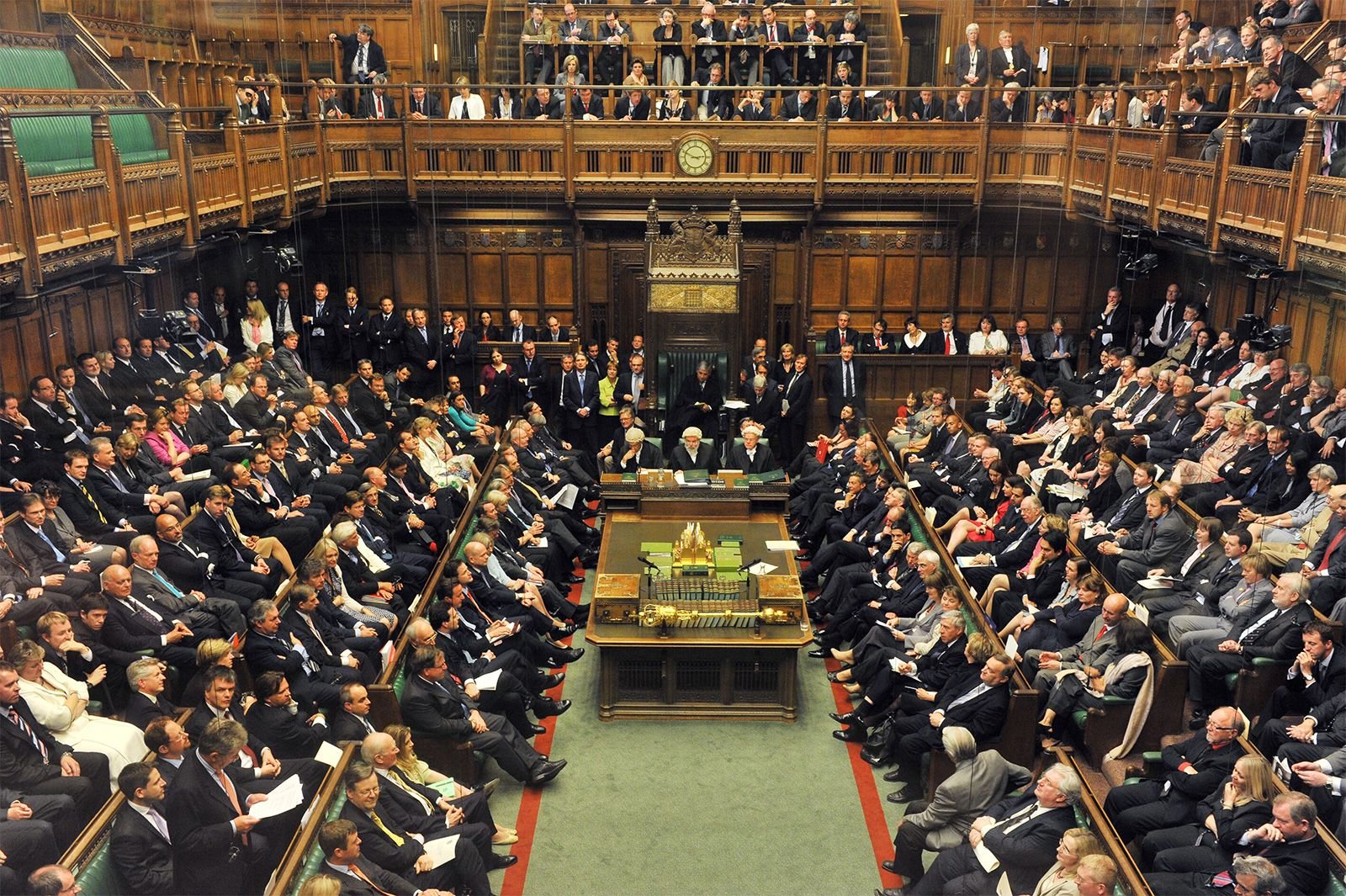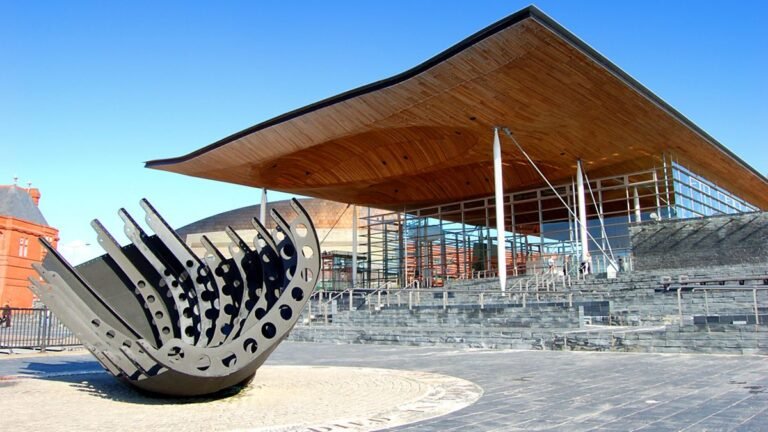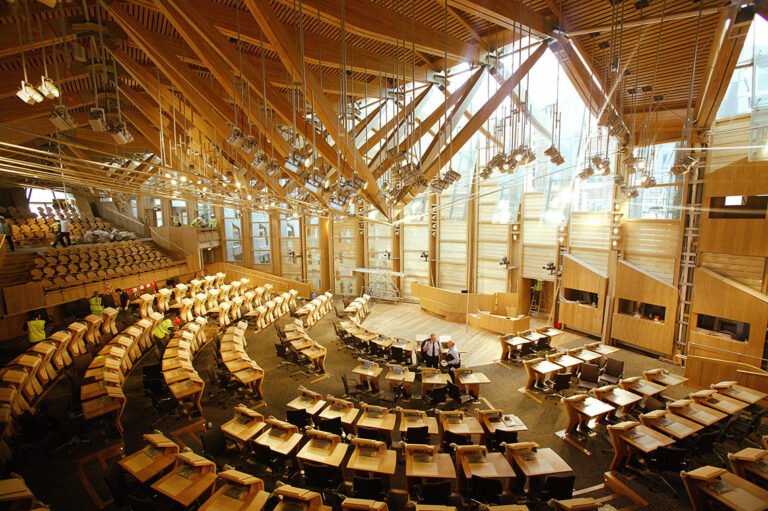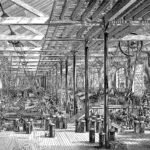The House of Commons is a key part of the UK Parliament. It plays a vital role in shaping laws and policies.
This historic chamber is where elected Members of Parliament debate and decide on important issues. It is known for lively discussions and passionate arguments. Its importance cannot be overstated, as it influences the lives of millions. Understanding its workings and significance is crucial for grasping UK politics.
Here, voices from different backgrounds come together, representing the diverse views of the nation. The House of Commons is a place where ideas clash, and decisions are made for the future. Dive into the fascinating world of this iconic institution, and discover what makes it the heart of British democracy.
Introduction To The House Of Commons
The House of Commons stands as a cornerstone of UK democracy. It plays a crucial role in the nation’s political landscape. This body is where elected Members of Parliament (MPs) gather to debate and make decisions. The House of Commons shapes laws and influences government policies.
Historical Roots
The House of Commons has a rich history. Its origins date back to the 13th century. It began as a council of commoners advising the monarch. Over time, it evolved into a powerful legislative body. The Magna Carta of 1215 laid foundations for this evolution. By the 14th century, the House of Commons gained more influence. It became a key player in England’s governance. Its development reflects the growing power of the people.
Role In Uk Politics
The House of Commons plays a vital role in UK politics. It is the primary legislative chamber in Parliament. Members debate and pass laws that affect the entire nation. They scrutinize government actions and hold it accountable. The Prime Minister and the Cabinet are primarily drawn from its ranks. This ensures a direct link between the government and Parliament. The House of Commons also influences public policy and national priorities.

Credit: learning.parliament.uk
Structure And Composition
The House of Commons is a crucial part of the UK Parliament. It has a unique structure. This structure allows efficient law-making and governance. Understanding its composition helps grasp its function. The House is where elected representatives work. They debate and decide on national matters.
Members And Constituencies
The House of Commons has 650 members. These members are known as MPs. Each MP represents a constituency. A constituency is a specific area in the UK. People vote to elect their MP. This ensures the House represents the public’s views. Each MP has an important role. They listen to their constituents’ concerns. Then, they bring these concerns to the House.
Leadership Roles
Leadership in the House is vital for order. The Speaker is the key figure. The Speaker manages debates. They ensure that everyone is following the rules or not. Another role is the Prime Minister. The Prime Minister leads the government. They set national policies. There are also party leaders. Each party has a leader in the House. They guide their party’s actions and decisions.
Legislative Process
The legislative process in the House of Commons is a fascinating journey that transforms ideas into laws. It involves multiple stages, each designed to scrutinize, refine, and debate proposed legislation. Understanding this process not only empowers you as a citizen but also invites you to ponder the complexities involved in shaping the laws that govern society.
Bill Introduction
Every piece of legislation begins its life as a bill introduced in the House of Commons. A Member of Parliament (MP) often makes this introduction who sponsors the bill. Imagine your MP standing up, presenting a bill that aims to address a pressing issue in your community. This is the moment where ideas start to take formal shape.
Once a bill is introduced, it’s not immediately debated. Instead, it’s given a first reading, which is more of a formality. No discussion takes place at this stage. The bill is essentially being put on the table, marking the start of its journey through the legislative process. Have you ever considered how many bills actually make it past this stage?
Debate And Amendment
After the first reading, the bill moves to its second reading where the real action begins. This is when MPs debate the general principles of the bill. The chamber becomes a battleground of ideas, with each MP bringing their perspective to the table. Here, you witness democracy in action. Would you have the courage to stand and argue your point?
Following the debate, the bill is scrutinized in detail. This is the amendment stage where MPs propose changes. Amendments can refine the bill, making it more effective and relevant. This is where your voice matters—by engaging with your MP, you can influence the amendments they propose. What change would you advocate for?
The legislative process is not just an abstract concept but a dynamic interaction between elected representatives and the public. Your understanding of this process can empower you to participate more effectively in your democracy, influencing the laws that shape your community and your life. How will you make your voice heard?
Committees And Oversight
The House of Commons is not just a place to debate and pass. It’s also home to various committees that play a vital role in ensuring government accountability and transparency. These committees are crucial for oversight, examining the details of policy decisions, and holding public officials responsible. You might wonder how these committees function and why they matter. Let’s dive deeper into their types and impact.
Types Of Committees
Committees in the House of Commons come in different forms, each with a unique purpose. Standing committees are permanent and focus on specific areas like finance or health. They are essential in reviewing legislation and policies in detail.
Then there are select committees, which are established to investigate particular issues. They gather evidence, hear testimonies, and report their findings. This ensures that diverse perspectives are considered.
Joint committees involve members from both the House of Commons and the House of Lords. They work on matters that require input from both houses, fostering collaboration and comprehensive scrutiny.
Functions And Impact
Committees are the watchdogs of democracy. They scrutinize government actions, ensuring policies are implemented effectively. By examining reports and calling witnesses, they gather insights and hold decision-makers accountable.
Their impact is significant. Through detailed reports and recommendations, committees influence policy adjustments. They highlight inefficiencies and propose solutions, driving change in governance.
Consider the Public Accounts Committee, known for its rigorous examination of government spending. It ensures taxpayers’ money is used wisely, spotlighting any mismanagement. Wouldn’t you agree that such oversight is crucial for a healthy democracy?
These committees empower you as a citizen. By holding the government to account, they ensure transparency and fairness. Next time you hear about a committee report, think about the diligence and dedication behind it. It might just inspire you to engage more with political processes.
Public Engagement And Accessibility
The House of Commons is the heart of British democracy. It plays a crucial role in shaping the nation’s laws. Public engagement is key to its function. The House strives to be open and accessible. This ensures citizens feel connected to their government. Various methods are in place to involve the public. People can watch debates and share their views on issues.
Live Sessions And Broadcasts
Live sessions of the House of Commons are open to the public. People can attend in person to witness the debates. For those unable to visit, broadcasts offer a solution. The sessions are streamed online for easy access. This ensures everyone can stay informed from anywhere. These broadcasts are available on various platforms. Watching live sessions helps citizens understand parliamentary processes.
Public Petitions
Public petitions are a powerful tool for citizen involvement. Anyone can start a petition on issues they care about. If a petition gets enough support, it is debated in the House. This gives the public a voice in parliamentary discussions. The petition process is simple and accessible online. It encourages people to engage with their representatives. Public petitions foster a direct connection with decision-makers.

Credit: en.wikipedia.org
Interplay With The House Of Lords
The House of Commons and the House of Lords work closely together. This cooperation shapes the legislative framework of the United Kingdom. Each plays a unique role in the governance process. Understanding their interplay is crucial to comprehending UK politics.
Bicameral Relationship
The House of Commons and the House of Lords form a bicameral system. This system ensures a balance in legislative power. The Commons is elected by the public. Lords are appointed or inherit their positions. This mix provides diverse perspectives in law-making. Commons often initiate legislation. The Lords review and suggest amendments. Their collaboration enriches policy debates. It ensures thorough examination of proposed laws.
Conflict Resolution
Conflicts arise between the Commons and Lords at times. Both houses have distinct views and priorities. Disagreements can stall legislation. A process exists for resolving these issues. The Commons usually hold more sway. They can override Lords’ decisions in certain cases. Compromises are often reached through discussions. This process ensures balanced and fair outcomes. The aim is to serve the public effectively.
Influence On National Policy
The House of Commons plays a vital role in shaping national policy. As the primary legislative body, it influences various aspects of governance. Members debate and decide on critical issues affecting the country.
Shaping Domestic Policy
Domestic policy is crafted within the House of Commons. It addresses the country’s internal matters. Members discuss and vote on laws that impact everyday life. These include healthcare, education, and public safety. Debates are intense, ensuring diverse viewpoints are considered. Every law passed influences citizens directly. The House ensures policies are fair and effective.
International Affairs
The House of Commons also affects international relations. Members debate foreign policies and treaties. Their decisions impact trade, defense, and diplomacy. Active discussions ensure the nation’s interests are safeguarded globally. The House works closely with foreign entities, ensuring balanced international relations. Every decision aims for peace and prosperity. Members strive for positive global engagement.
Challenges And Reforms
The House of Commons faces ongoing challenges in balancing tradition with necessary reforms. Modern demands push for transparency and efficiency in legislative processes. Reform efforts aim to enhance accountability and public engagement in governance.
The House of Commons faces many challenges in today’s fast-changing world. Parliament needs to adapt to meet contemporary demands. Reforms aim to improve transparency, efficiency, and representation. But these changes are not always easy. Various issues require careful consideration and thoughtful solutions. Let’s explore some key areas of focus for reform.
Addressing Contemporary Issues
Modern society presents new challenges for the House of Commons. Climate change demands urgent attention and decisive action. Economic inequalities also need addressing to ensure fair representation. Technological advancements create both opportunities and threats. They require updated regulations and policies. The House must also tackle political polarization. It affects decision-making and public trust. Addressing these issues requires collaboration across parties.
Future Directions
Future reforms should focus on increasing public engagement. Encouraging citizens to participate strengthens democracy. Digital tools can help make the House more accessible. Transparency in decision-making builds trust with the public. It’s crucial to ensure diverse representation in Parliament. Diversity in voices leads to more balanced policies. Embracing new technologies can enhance parliamentary processes. It can improve efficiency and responsiveness to citizens’ needs.

Credit: en.wikipedia.org
FAQs
What Is The House Of Commons?
The House of Commons is the lower house of the UK Parliament. Members are elected to represent constituencies. It debates and makes laws, scrutinizes the government, and represents the public. The Prime Minister and most government ministers are usually members of the House of Commons.
What’s The Difference Between The House Of Commons And The House Of Lords?
The House of Commons is elected and makes laws. The House of Lords reviews and suggests amendments to legislation. Both are essential to the UK’s parliamentary system, ensuring democratic governance and legislative scrutiny.
What Is Another Name For The House Of Commons?
The House of Commons is also known as the “Lower House” in the UK Parliament. It plays a crucial role in legislation and government oversight. Members of Parliament (MPs) are elected to represent the public. The House of Commons works alongside the House of Lords, known as the “Upper House.
Who Holds The Most Power In England?
The Prime Minister holds the most power in England. They lead the government and make key policy decisions. The monarch remains a ceremonial figurehead, with limited political power. Parliament and the Prime Minister are central to decision-making processes.
Conclusion
The House of Commons stands as a symbol of democracy. Its debates shape policies that affect millions. People from diverse backgrounds gather here. Their discussions influence the nation’s future. Every voice matters in this historic place. Changes begin with meaningful conversations and informed decisions.
Visitors often leave with a deeper understanding. The atmosphere inside is rich with history. It represents the heartbeat of the nation. Engaging with its work enlightens citizens on governance. The journey here is both educational and inspiring. Truly, it remains a pillar of national pride and progress.








